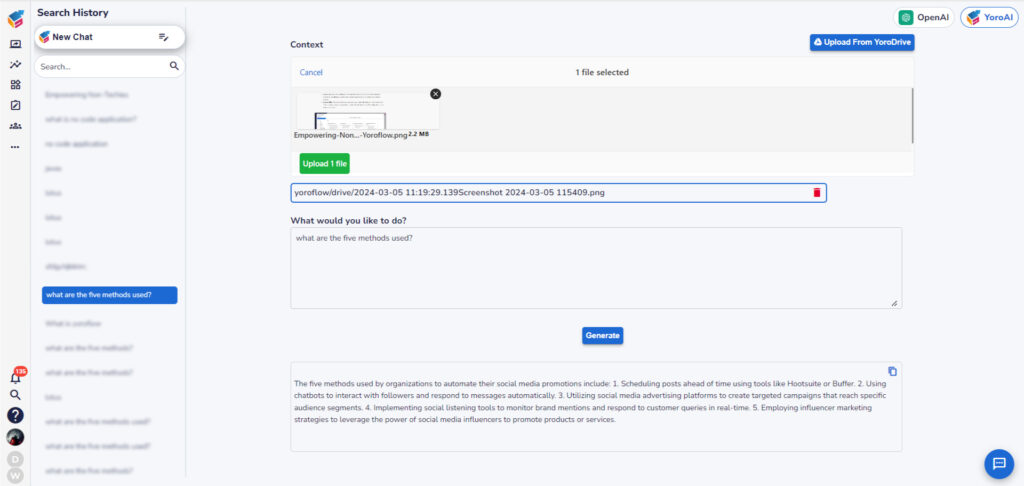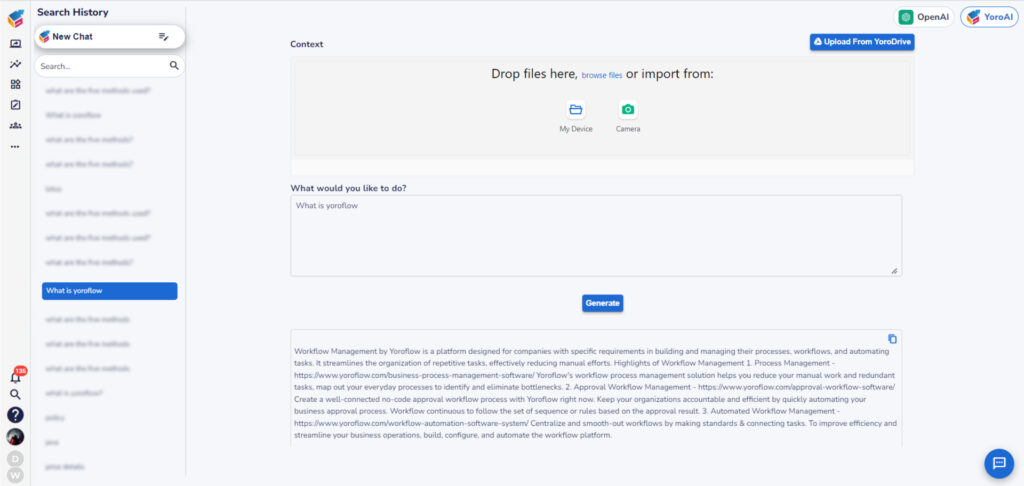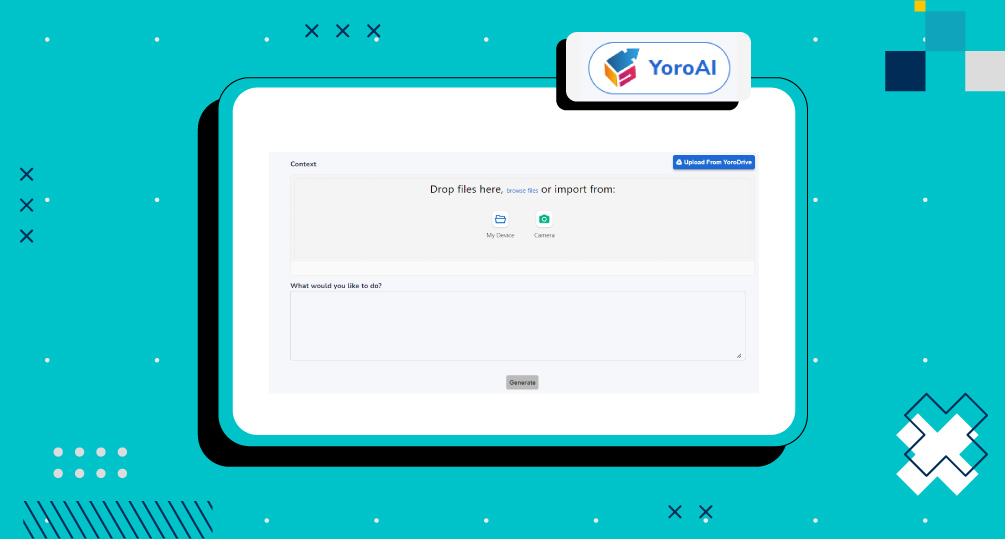Table of Contents
In an era marked by technological advancements, one of the most significant developments reshaping the landscape of work is the proliferation of AI assistants. These intelligent systems, powered by machine learning algorithms and natural language processing, are revolutionizing how tasks are managed, workflows are optimized, and productivity is enhanced across various industries.
This article elaborates on the evolution of AI assistants, the impact of AI assistants in various aspects, and the challenges of AI assistants.
Evolution of AI assistants
The rise of AI assistants also has profound implications for workforce dynamics and skill requirements. As automation increasingly handles routine tasks, human workers are freed to focus on activities that require creativity, critical thinking, and emotional intelligence. This not only enhances job satisfaction but also enables individuals to develop and leverage their unique strengths in a rapidly evolving labor market.
Artificial intelligence tools like YoroAI provide features like creative content generation, data extraction, data synthesis, and simulation.
Impact of AI assistants in various aspects
The impact of AI assistance is far-reaching, influencing various aspects of our lives across different domains. Here’s a breakdown of its impact in key areas:
- Workplace Efficiency: AI assistance improves workplace efficiency by automating repetitive tasks, such as data entry and scheduling, freeing up time for employees to focus on higher-value activities. This leads to increased productivity and streamlines workflows.
- Customer Service: AI-powered chatbots and AI virtual assistants provide 24/7 customer support, responding to inquiries, resolving issues, and guiding users through processes. This improves customer satisfaction, reduces response times, and lowers support costs for businesses.
- Healthcare: AI personal assistance enhances healthcare outcomes by assisting physicians in diagnosis, treatment planning, and patient care. AI algorithms analyze medical data, identify patterns, and provide insights that aid in decision-making, leading to more accurate diagnoses and personalized treatment plans.
- Project management: Generative AI app builder is revolutionizing the way projects are planned, executed, and monitored. By leveraging artificial intelligence and machine learning algorithms, project management tools and platforms can automate repetitive tasks, provide actionable insights, and optimize project workflows.
- Personalization: AI assistance delivers personalized experiences across various industries, from retail to entertainment. By analyzing user data and preferences, AI algorithms recommend products, services, and content tailored to individual tastes, increasing engagement and customer loyalty.

- Accessibility: AI assistance enhances accessibility for individuals with disabilities by providing speech recognition, text-to-speech, and other assistive technologies. This enables greater independence and participation in daily activities, such as communication and navigation.
- Decision-Making: AI development aids decision-making by providing data-driven insights and predictive analytics. AI algorithms analyze large datasets, identify trends and patterns, and generate recommendations that help individuals and organizations make informed decisions more quickly and accurately.
- Creativity and Innovation: AI assistance fosters creativity and innovation by automating repetitive tasks and augmenting human capabilities. AI algorithms can generate ideas, design solutions, and prototype concepts, accelerating the pace of innovation across various industries

Overall, AI assistance has a transformative impact on various aspects of our lives, improving efficiency, enhancing experiences, and enabling new possibilities for individuals, businesses, and society.
Challenges in AI assistants
While AI assistants offer numerous benefits, they also face several challenges that need to be addressed for their widespread adoption and effective integration into various applications. Some of the key challenges include:
- Privacy Concerns: AI assistants often require access to sensitive personal data to provide personalized services. However, concerns about data privacy and security arise when users entrust their personal information to AI systems. Ensuring robust data protection measures and transparent data handling practices is essential to address these concerns.
- Ethical Considerations: Ethical issues surrounding AI assistants include bias in algorithms, lack of transparency in decision-making processes, and potential misuse of AI technology. It’s crucial to develop and implement ethical guidelines and standards to ensure AI assistants operate in a fair, transparent, and responsible manner.
- User Adoption and Trust: User adoption of AI assistants may be hindered by concerns about reliability, privacy, and usability. Building trust and confidence in AI assistants through transparent communication, user-friendly interfaces, and consistent performance is essential to encourage broader adoption and acceptance.
- Lack of Domain Knowledge: AI assistants may struggle to perform effectively in specialized domains or industries where domain-specific knowledge is required. Enhancing the domain knowledge and expertise of AI assistants through domain-specific training data, expert systems, and knowledge graphs is essential to improve their performance in specialized applications.
- Regulatory and Legal Challenges: Regulatory frameworks and legal requirements surrounding AI assistants are still evolving, leading to uncertainty and ambiguity in areas such as data protection, liability, and accountability. Developing clear and comprehensive regulations that address the ethical, legal, and societal implications of AI assistants is essential to ensure responsible AI deployment and usage.
Widgets play a crucial role in enhancing the functionality and user experience of a dashboard. Here are some key advantages of having widgets in a dashboard:
Get started
As we navigate the evolving landscape of AI assistance, it is essential to prioritize ethical principles, ensure accountability, and safeguard the well-being and interests of all stakeholders. Ultimately, AI assistance holds the promise of unlocking new opportunities, empowering individuals and organizations, and shaping a more intelligent and interconnected future.
YoroAI empowers businesses and individuals to tap into the untapped potential of unstructured data found in documents. Through leveraging machine learning and natural language processing, these tools facilitate users in extracting invaluable insights, facilitating informed decision-making, and fostering innovation across diverse fields.




